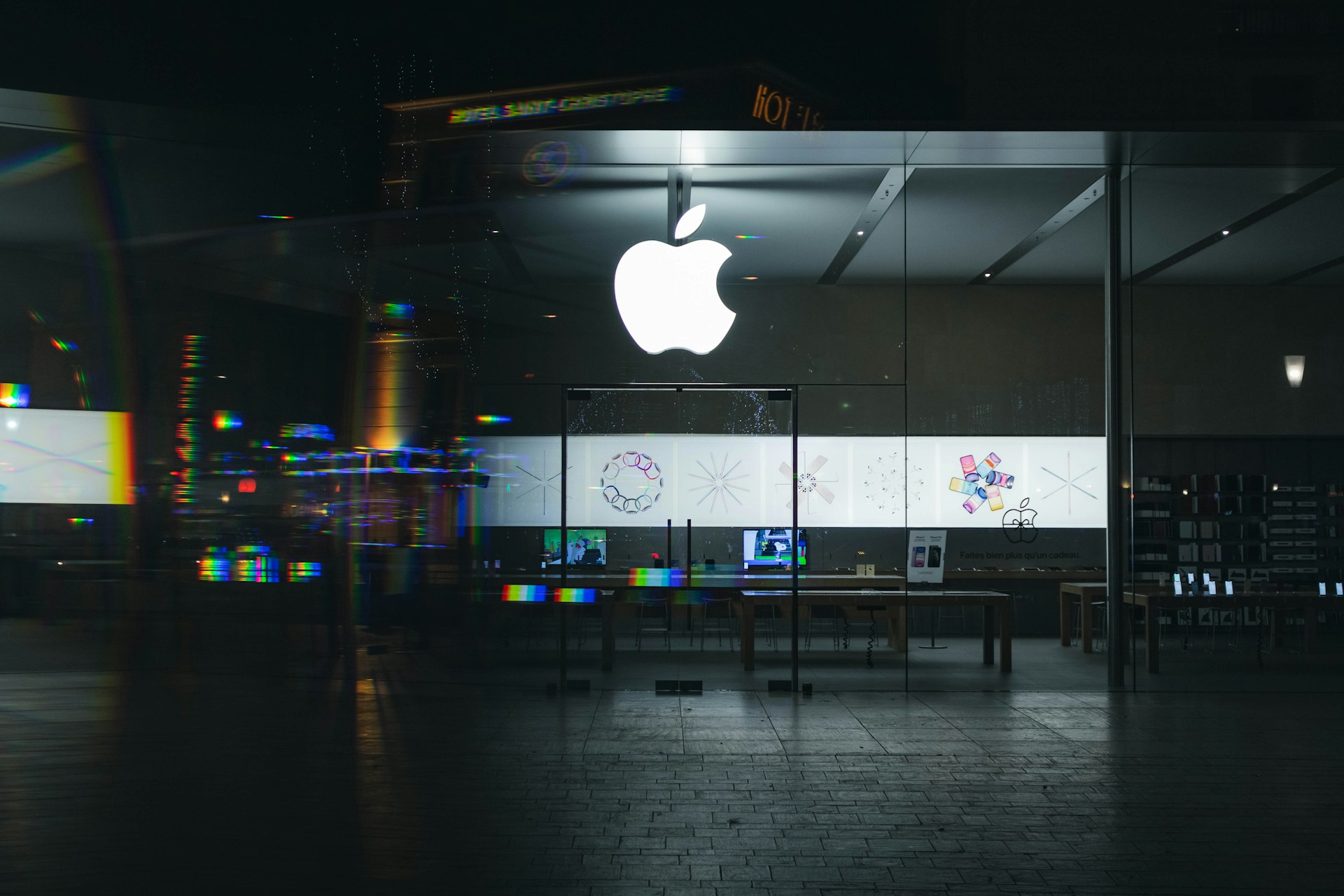
Apple stayed quiet about artificial intelligence (AI) during Tuesday’s iPhone 17 launch event, opting to focus on camera improvements and health features instead of the AI promises that failed to deliver last year.
The tech giant spent just over an hour at its Cupertino headquarters showing off new hardware. CEO Tim Cook called it “taking the biggest leap ever for iPhone,” but Apple Intelligence got only brief mentions during the presentation.
This marks a sharp change from last year’s iPhone 16 event, where AI dominated the conversation. Many of those promised features never arrived, leaving customers disappointed.
“It’s going to take us longer than we thought to deliver on these features and we anticipate rolling them out in the coming year,” Apple spokesperson Jacqueline Roy told Daring Fireball in March.
The company announced four new iPhone models, including the ultra-thin iPhone Air at just 5.6 millimeters thick. Apple also added heart rate monitoring to AirPods Pro 3 and blood pressure tracking to the Apple Watch.
But the most talked-about AI feature was live translation for AirPods, not a phone upgrade.
Apple’s AI struggles have become more apparent as competitors race ahead. Google built its Gemini AI directly into Pixel phones, while Samsung made AI central to its Galaxy S25 series. Both companies now offer real-time translation, spam blocking, and AI-powered writing tools.
Meanwhile, Apple has lost at least 10 AI researchers this year to rivals like Meta, OpenAI, and Anthropic. The company’s robotics research head, Jian Zhang, recently joined Meta, according to reports.
Apple is now considering partnerships with Google’s Gemini or Anthropic’s Claude to power its AI features, Bloomberg reported. This would be a major shift for a company that typically builds everything in-house.
“Apple is years behind its competitors when it comes to AI,” wrote Michael Muchmore in PCMag. “But it needs to commit to this goal with a sense of urgency to have a chance to catch Google and Microsoft.”
The cautious approach may be smart business. Research shows that only about 10% of smartphone users consider upgrading for AI features. Many current AI tools amount to photo-editing tricks and assistants that sometimes give wrong answers.
Apple’s next-generation Siri with advanced AI capabilities is now targeted for spring 2026. The company will release iOS 26 later this month, featuring basic AI capabilities such as translation and text summarization.
For now, Apple is betting that customers still want what it does best: sleek hardware with reliable performance. Apple’s Tuesday event focused on working products, showing the company learned from last year’s overpromises. The strategy reflects Apple’s traditional strength as a hardware company, even as the tech world rushes toward AI.
